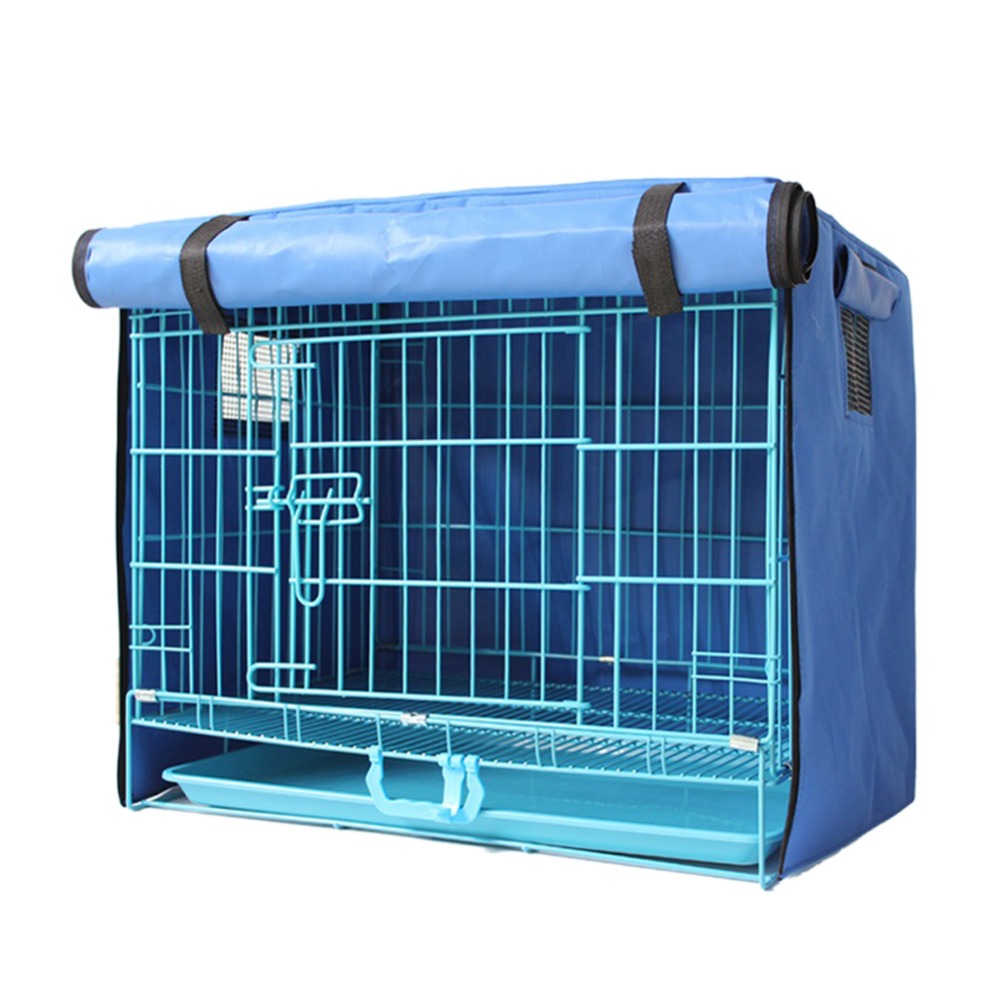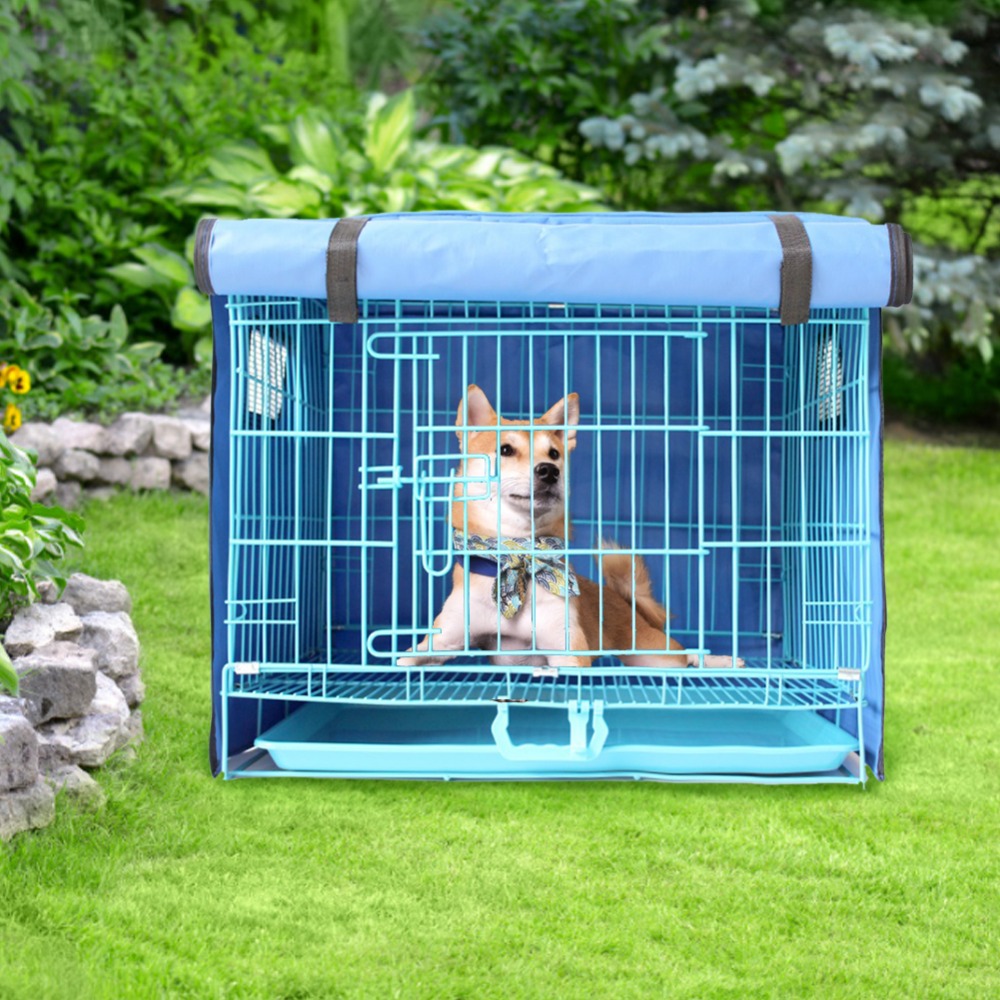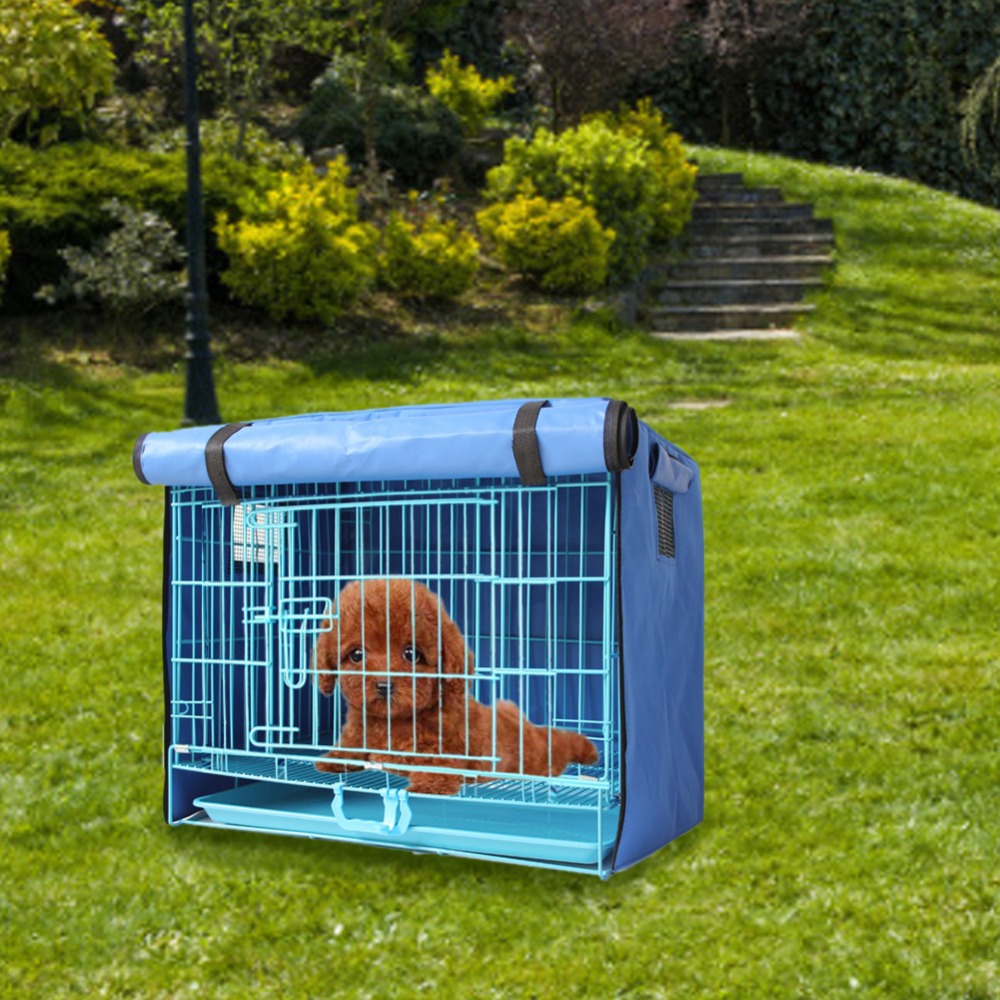Introduction
Kennel cough is a term most pet owners are familiar with. It refers to a highly contagious respiratory infection affecting dogs. However, it raises an intriguing question: kennel cough contagious to humans? This article will explore the causes, symptoms, and potential contagion risks of kennel cough to humans. We will also highlight preventive measures to keep both pets and their owners safe.

What Is Kennel Cough?
The Basics of Kennel Cough
Kennel cough is not a single disease. It is a collective term for various upper respiratory infections. These infections often involve a combination of the bacteria Bordetella bronchiseptica and the canine parainfluenza virus. Other pathogens may also contribute to the illness. The condition primarily targets dogs, causing them to cough persistently. The sound resembles a choking or honking noise.
Kennel cough spreads easily. Dogs can catch it through direct contact or from a contaminated environment. Places like dog parks, kennels, and grooming facilities are hotbeds for the spread of this infectious condition. It’s important for pet owners to recognize the symptoms of kennel cough so they can take steps to prevent its spread within their communities.
Symptoms of Kennel Cough
The symptoms often begin with a dry and persistent cough. A dog may cough a lot, often in episodes. This cough can worsen with exercise or excitement. Other symptoms might include sneezing, a runny nose, or a mild fever. Most dogs will continue to eat and act normally, which can mislead pet owners into underestimating the severity of the illness. Unlike severe illnesses, kennel cough usually resolves on its own within a few weeks. However, in some cases, it can lead to more serious issues like pneumonia.
Transmission of Kennel Cough
How Does Kennel Cough Spread?
Kennel cough spreads primarily through respiratory droplets. When an infected dog coughs or sneezes, pathogens can remain suspended in the air. Other dogs can inhale these droplets or come into contact with contaminated surfaces. This makes communal environments especially risky for transmission.
The incubation period for kennel cough varies. Dogs can show symptoms within a few days of exposure. This rapid spread highlights the need for vigilance where dogs congregate. Once a dog has contracted the illness, they can remain contagious for several weeks, even as they start to feel better.
Risk Factors for Dogs
Certain risk factors increase the likelihood of kennel cough transmission. For example, dogs that socialize often are at a higher risk. Unvaccinated dogs are particularly vulnerable. Age and health status also play roles. Young puppies and senior dogs with weaker immune systems face more risks. Additionally, stress can lower a dog’s immune defenses, making them more susceptible.
While kennel cough mainly affects dogs, understanding its broader implications helps owners manage their pets’ health better. Responsible pet ownership involves regular veterinary check-ups and vaccinations to protect dogs from kennel cough and other preventable diseases.
Can Kennel Cough Transmit to Humans?
Understanding Infection Transfer
Now that we’ve established kennel cough entities and transmission among dogs, it’s crucial to address the main question: Can it transfer to humans? The good news is that kennel cough does not spread from dogs to humans. The bacteria and viruses responsible for kennel cough are dog-specific. They do not have the capability to infect human bodies in the same way.

This distinction helps assure pet owners that they are safe from kennel cough simply by caring for their dogs. However, it is always wise to maintain good hygiene practices when handling pets. Washing hands after playing or caring for dogs helps reduce the risk of other infections, even if kennel cough is not a threat.
Similarities with Other Infections
Nonetheless, it’s important to note that while kennel cough is not contagious to humans, other zoonotic diseases do exist. Some diseases can transfer from animals to humans, and both pet owners and veterinary staff need to be aware of these risks. Familiarizing oneself with these conditions can help prevent health issues from arising.
Rabies is one of the most notorious transmissible diseases, emphasizing how some pathogens have the capability to mutate and affect humans. While cases of rabies are rare in well-vaccinated pet populations, it’s still an important reminder of the potential risks involved in close contact with animals.
Preventive Measures
Vaccination Importance
To combat kennel cough in dogs, vaccination remains one of the most effective prevention methods. The Bordetella vaccine dramatically helps reduce the severity and chances of infection. A veterinarian can provide guidance on the optimal vaccination schedule based on the dog’s lifestyle and risk factors.
For many dog owners, this preventive step can save both time and money by keeping their pets healthy. A vaccinated dog is less likely to contract kennel cough or suffer from its complications. This is particularly relevant for owners who often take their pets to high-risk areas, such as dog shows or boarding kennels.
Hygiene Practices
Maintaining good hygiene practices is another crucial preventive measure. Dog owners should wash their hands frequently, especially after interacting with their pets. Additionally, keeping an area clean can minimize infection risks. Regularly cleaning and disinfecting surfaces helps reduce the chance of pathogens lingering around.
Furthermore, if a pet exhibits symptoms of kennel cough, isolate it from other dogs. This helps prevent further spread. Caregivers should also supervise playdates and ensure that all participating dogs are healthy and up to date on vaccinations. Communication with other pet owners about health statuses is important for collective safety.

Understanding the Impact of Kennel Cough on Communities
Broader Implications
Kennel cough can have broader implications for communities. Outbreaks can lead to increased veterinary visits, which put a strain on resources. Additionally, once a kennel cough outbreak occurs, dog owners may limit social interactions to keep their pets from contacting others. This social distancing can isolate pets and their owners, impacting both mental health and community ties.
In harder-hit areas, some dog owners may also feel pressured to vaccinate against kennel cough to prevent group outbreaks. Educating pet owners can benefit communities by fostering a culture of responsible pet ownership. Promoting awareness of symptoms and the importance of vaccination can help keep everyone, including pets, safer.
Building Supportive Pet Communities
Creating supportive pet communities can mitigate these issues. Resources like pet owner groups, training facilities, and community gatherings foster collaboration and awareness. These communities can spread knowledge about kennel cough and other conditions affecting pets. They can also encourage proactive veterinary care and responsible ownership practices.
Community involvement can extend beyond pet care. Some areas might organize vaccination drives or pet health workshops. Such initiatives can help spread awareness and facilitate better education on pet health, including kennel cough prevention. Engaging with other pet owners can create a supportive network, enhancing the overall well-being of pets within the community.
Conclusion
Kennel cough is a primarily canine issue. It can spread rapidly among dogs but does not pose a threat to human health. Understanding the disease, its transmission, and how to prevent it is essential for pet owners. These steps minimize risk and foster healthy pet-social interactions. By being vigilant about vaccination and hygiene, dog owners can help keep their communities safe.
In conclusion, while kennel cough can cause significant discomfort for dogs, it is vital for pet owners to focus on responsible care and preventive measures. As knowledge increases surrounding kennel cough, society can better safeguard both pets and their human companions.